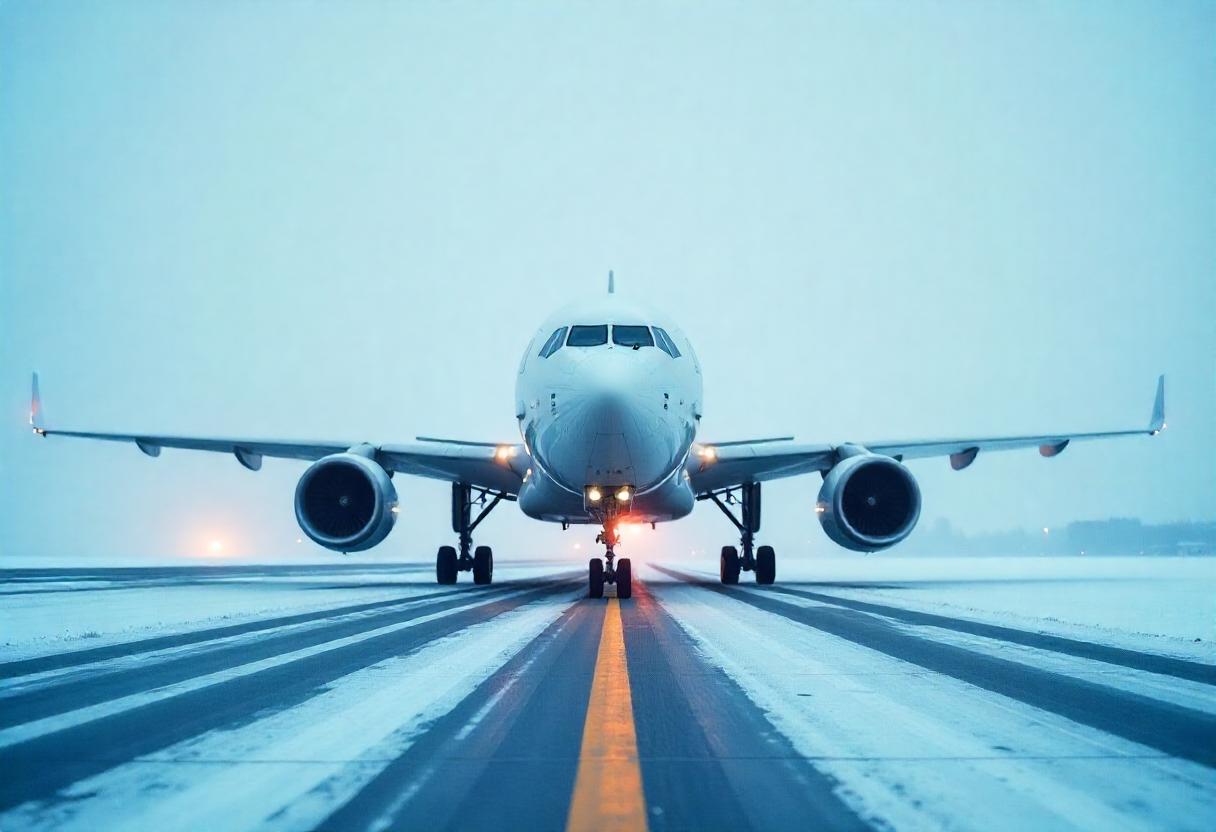Virgin Australia Shares Rise on ASX Return

Virgin Australia shares made a strong debut on the Australian sharemarket, lifting more than 9 percent on their first day of trading after a four-year absence. The airline, relisted on the ASX on Tuesday under the ticker VGN, saw its shares rise to $3.17 by mid-afternoon, up from its initial public offering (IPO) price of $2.90. This impressive performance indicates investor confidence in the nation’s second-biggest airline, despite the prevailing uncertainties within the global airline industry, particularly those stemming from geopolitical tensions in the Middle East.
The successful relisting follows Virgin Australia’s delisting from the ASX in 2020 due to mounting debts and losses, which led to its administration and subsequent acquisition by US-based private equity firm Bain Capital. Having secured $685 million from fund managers and retail investors through its IPO this month, Virgin has floated approximately 30.2 percent of the company, implying a market capitalization of $2.3 billion for the Brisbane-based airline. Virgin CEO Dave Emerson confirmed that investor demand significantly outstripped the number of shares offered in the IPO, contributing to the initial surge in share price. Furthermore, a broader positive market sentiment, with the S&P/ASX 200 up 0.9 percent following reports of a potential ceasefire in the Middle East, also provided a boost to the stock.
A pivotal development for Virgin Australia has been the strategic partnership with Qatar Airways, which took a 23.4 percent stake in Virgin last year. This collaboration provides crucial backing for the airline and positions it to re-enter the long-haul flight market. Earlier this month, Virgin entered a wet lease agreement with Qatar Airways, enabling both airlines to operate flights from Australian capital cities to Doha using Qatar's planes and crew. This partnership serves as a vital gateway for Virgin to destinations across Europe, the Middle East, and North Africa, allowing it to expand its international reach without incurring the operational complexities that hindered its previous long-haul ventures.
However, this expansion into international routes, particularly through the Persian Gulf region, comes at a challenging time. Geopolitical tensions, exemplified by a recent Iranian missile attack near Doha, forced temporary airspace closures and caused numerous flight delays and diversions. While such events highlight the inherent volatility for airlines, CEO Dave Emerson reiterated that the partnership with Qatar Airways is structured to insulate Virgin’s core domestic business from significant material effects, even if demand for long-haul services to Doha fluctuates. Experts like Hugh Dive of Atlas Funds Management noted the “luck” Virgin experienced with a tumble in oil prices following the ceasefire announcement, a critical factor for airline profitability, but cautioned about the longer-term sentiment for airline stocks amid persistent geopolitical volatility.
Financially, Virgin Australia has demonstrated a strong recovery, reporting a pro forma net profit of $99 million in 2023, $187 million in 2024, and forecasting a $219 million pro forma profit for the current financial year. The airline is strategically targeting premium leisure, small and medium enterprises (SMEs), and cost-conscious corporate customers. Anthony Wilson, head of equities at Shaw and Partners, viewed Virgin’s successful IPO as a positive indicator for future public offerings on the ASX, stating that investors, well aware of the airline’s past struggles, were











